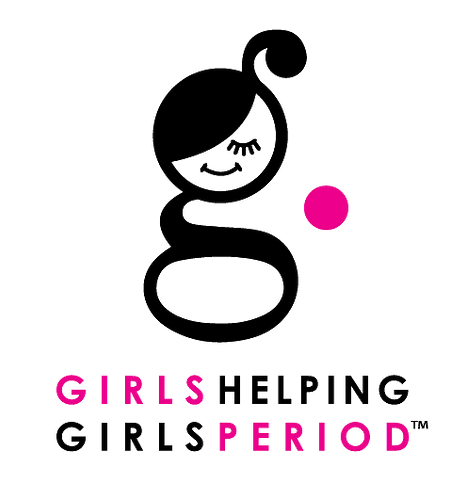We were doing a big donation at a food pantry and stopping each and every client (regardless of age or gender) and asking, as we do,
“Is there someone in your home who would benefit from a donation of period products?”
The two male friends who were picking up groceries that day for their families stared at me blankly. So I asked the question again. Still nothing.
I let the two men peek inside the bag I was holding that contained pads and tampons. Again, blank stares. So I asked if they would be interested in stepping aside for a moment for me to explain what I wanted to give them. They happily obliged.
I took a box of pads and another of tampons out of the bag and opened them. When I asked if the men were familiar with the products, they said they were not. Of course, I did not want to embarrass them, so I simply explained they were used to manage periods; one was used outside the body, the other inside. And I guessed that if they took a donation of a year’s supply of pads home, someone in their household would be grateful.
About a month later, one of the men saw me at the food pantry again and approached me. We exchanged no words, but he put his hands over his heart, bowed his head, looked up, and smiled.
This story sticks with me because it was evident that for whatever reason: educational, cultural, religious… no one thought it relevant to explain menstrual management to these men.
- How could they possibly understand… so many things about their family members… without basic knowledge of periods?
- How sad for their partners that they had to manage this natural function on their own, possibly having to figure out ways to pay for products without a shared sense of responsibility.
I loved this article about combatting period stigma. It gets to some of the root causes and the long-term effects.
One of the things we’ve noticed in our work is that people who do not get periods (and many who do) don’t really know much about them. Why would they? We do a miserable job in this country educating male students about female reproduction.
→For some basics for kids and adults, check out this simple guide with links to resources.


